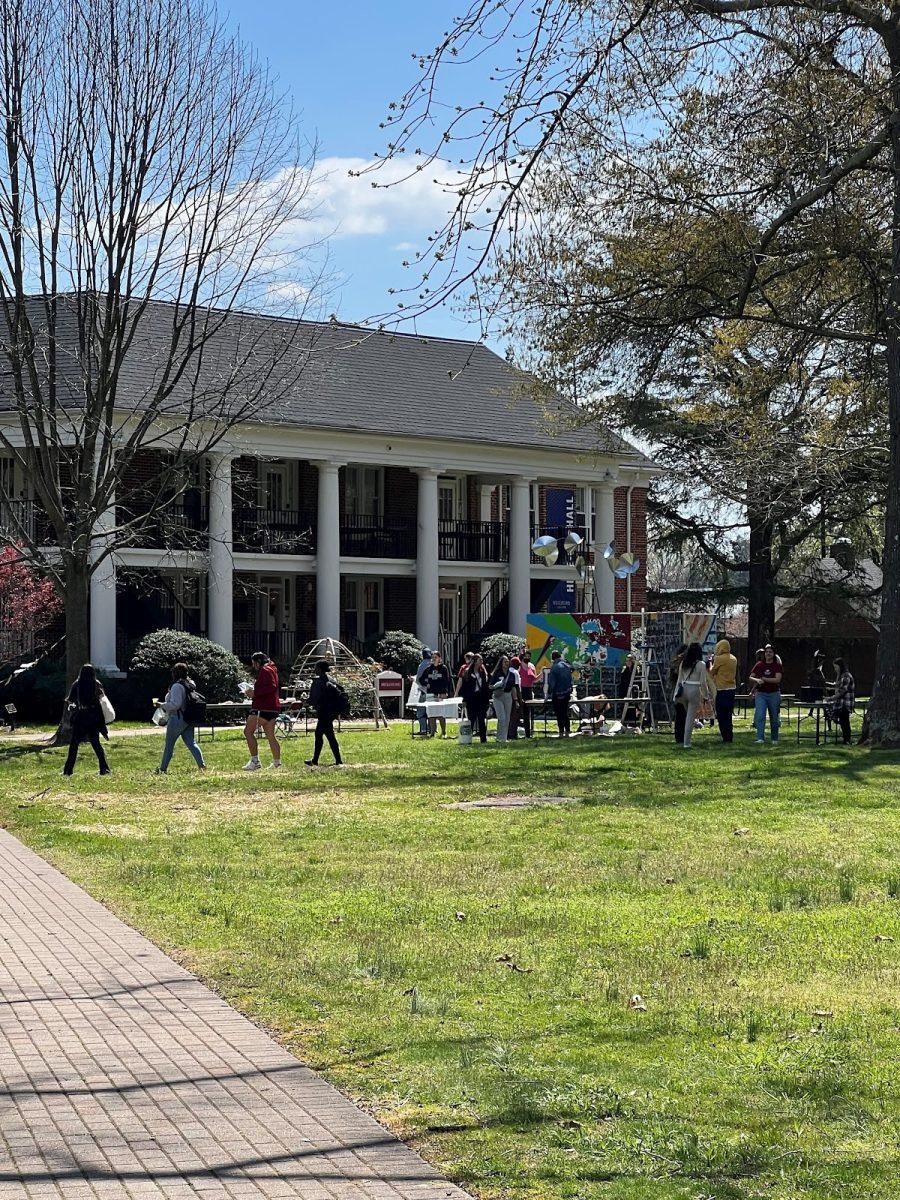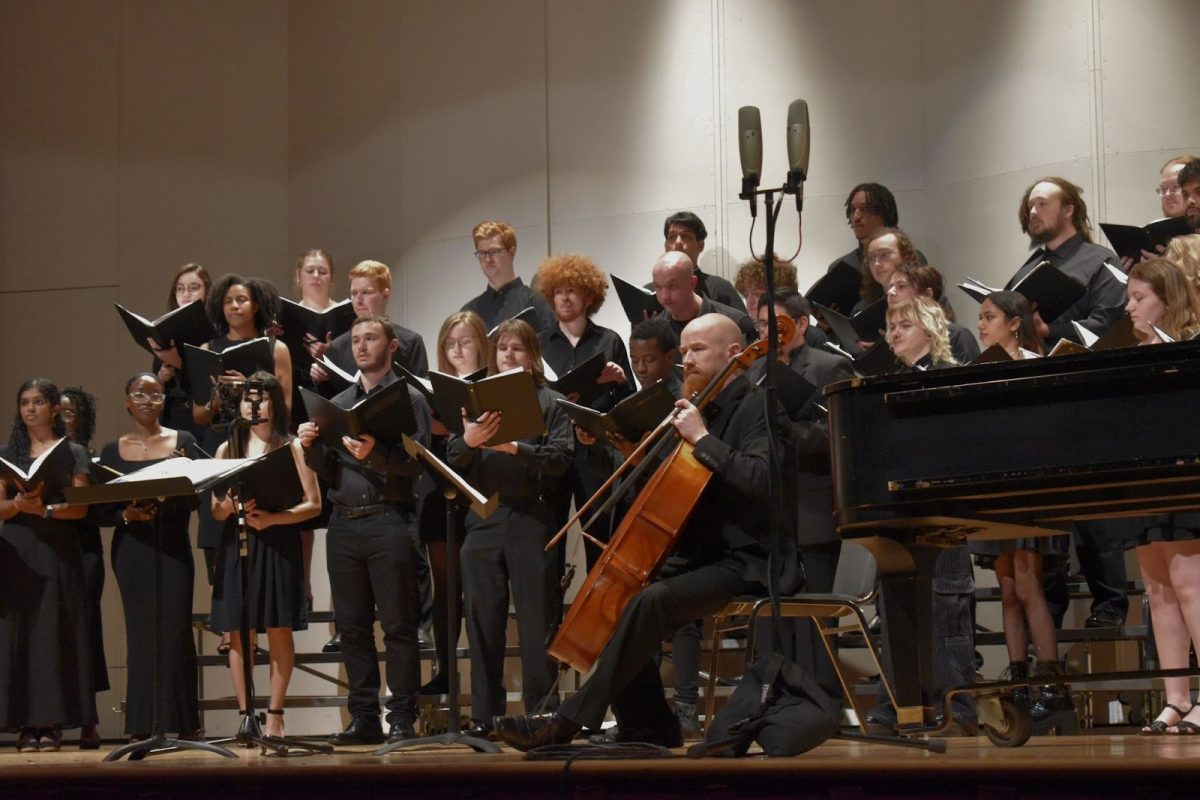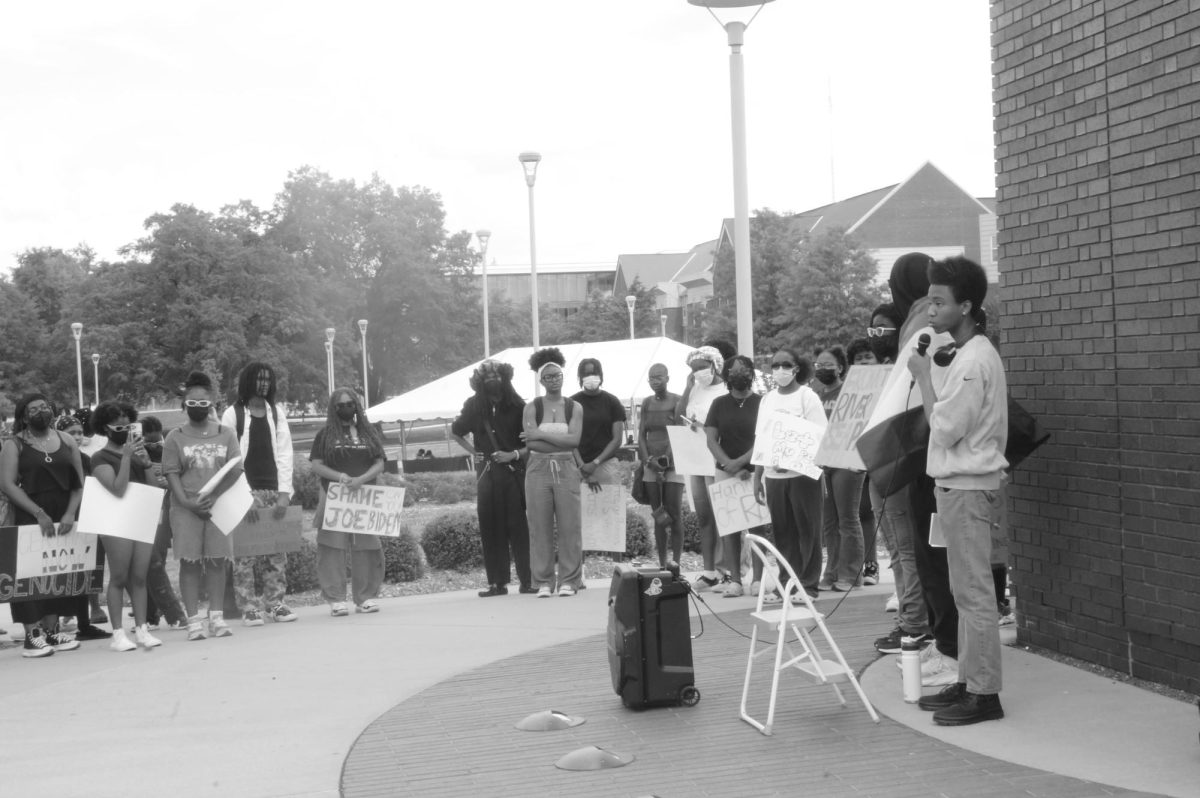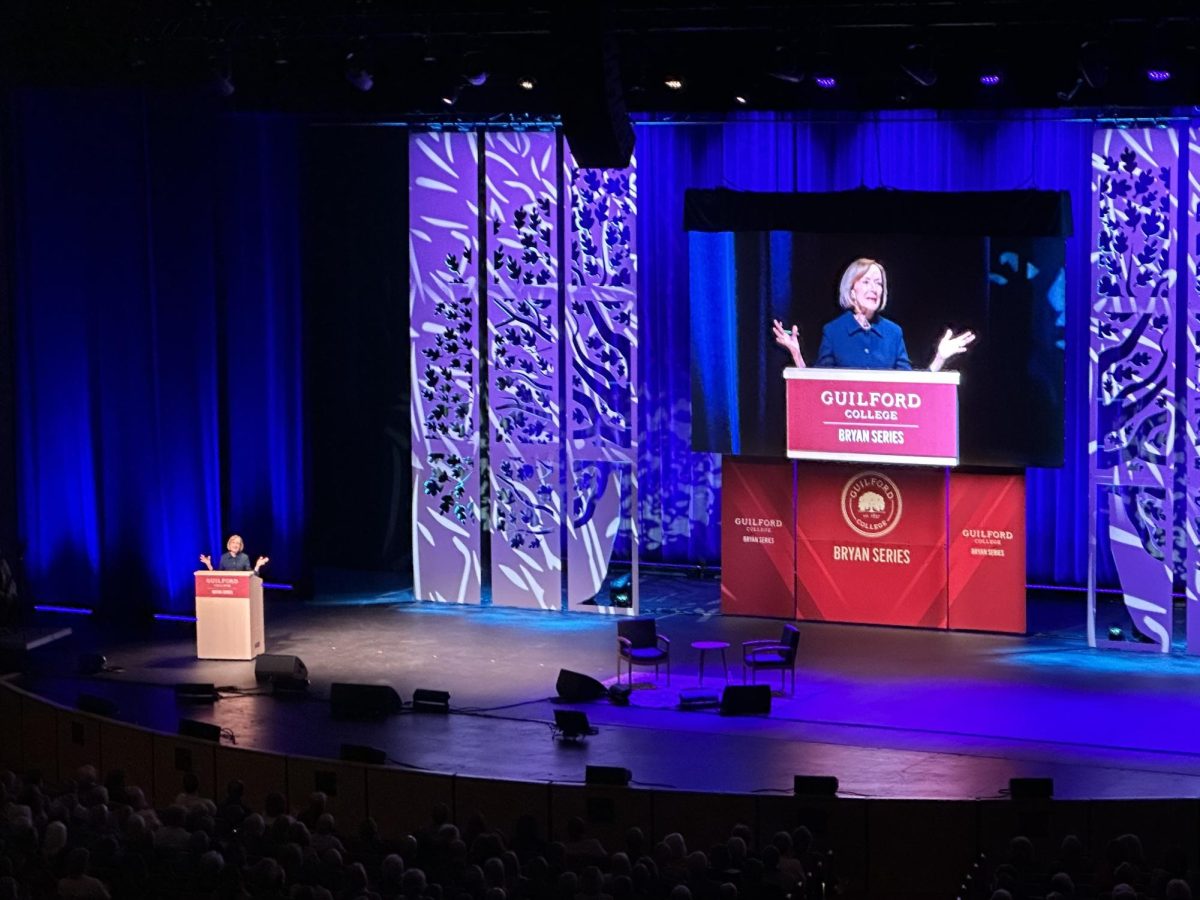Beijing is on alert.
On Oct. 28, a 4×4 vehicle lurched through a crowd of tourists at Tiananmen Square, eventually slamming into a guardrail and bursting into flames.
After the incident left five dead and 38 injured, witnesses and police agreed that the crash was deliberate.
But nearly three weeks afterward, many continue to wonder whether the incident was an act of terror or a final cry of desperation?
Chinese authorities have given their answer.
“The attack in Beijing was organized and premeditated,” China’s security chief Meng Jianzhu told Phoenix Television. “The instigator behind the scenes is the East Turkestan Islamic Movement terrorist organization that operates in Central and West Asia.”
“Activists from the western province of Xinxiang are playing some kind of role in the incident,” Ryong Oh, editorial director of the Asia Journalist Association, told The Guilfordian in a phone interview.
Commonly associated with the Uighur Muslim ethnic minority, the ETIM hails from Xinxiang and faces the blame for nearly 200 acts of terrorism.
“After 9/11, China managed to convince the U.S. government and the U.N. that ETIM is a terrorist group,” Chien-peng Chung, author of “China’s ‘War on Terror’ and Uighur Separatism,” told The Guilfordian in a phone interview.
“But are they a force to be reckoned with? Are they responsible for the Tiananmen crash? I really don’t know,” Chung said.
Although the Chinese government indicated ETIM as the perpetrator within 24 hours of the incident, many, like Chung, fail to see the evidence linking ETIM to the violence.
“Beijing is trying to link the attack with terrorism, because it provides better justification for their initiative to suppress Muslim groups,” said Professor of Political Science George Guo.
Umberto Bacchi, journalist for International Business Times, expressed a similar sentiment in an email to The Guilfordian.
“Branding an attack as the work of jihadists and Muslim terrorists makes it easier for Chinese authorities to justify the quelling of dissent in Xinxiang,” Bacchi said.
As Bacchi suggests, Beijing’s pointing a finger at ETIM may be the result of a long and complicated relationship with Muslim groups in Xinxiang.
“The extremely exciting developments in China have disproportionately benefitted the Han Chinese compared to the Uighur people,” said Associate Professor of Religious Studies Eric Mortensen.
“So even if the Uighurs or ETIM are responsible, there’s justification for the discontent,” Mortensen said. “They’re very hard-pressed politically, religiously and economically. The situations in the back alleys of cities in Xinxiang are pretty desperate.”
Mortensen studied abroad in Beijing as an undergraduate and has spent months living with nomadic communities during his travels to China.
Zhonghao Cui, a native of Kunming, China, and Guo both believe that dissent played a role in instigating the attack.
“You see incidents like these recurring in China,” Guo said. “I think it could be anyone voicing dissatisfaction and deciding to retaliate against the government.”
“This was clearly amateurish,” said Cui, who currently studies at The University of Texas at Austin, in an email interview. “It’s likely a protest against the corrupt government by some private citizen.”
While the rest of the world awaits evidence to confirm the attackers’ identities, Chinese security forces are addressing an issue of their own.
“This was an attack that shook a symbolic and tightly controlled place like Tiananmen Square,” Bacchi said. “It’s not often you see smoke billowing next to the portrait of Chairman Mao at the Tiananmen Gate.”












